Earn more from your music and lyrics
+44 (0)116 253 0203
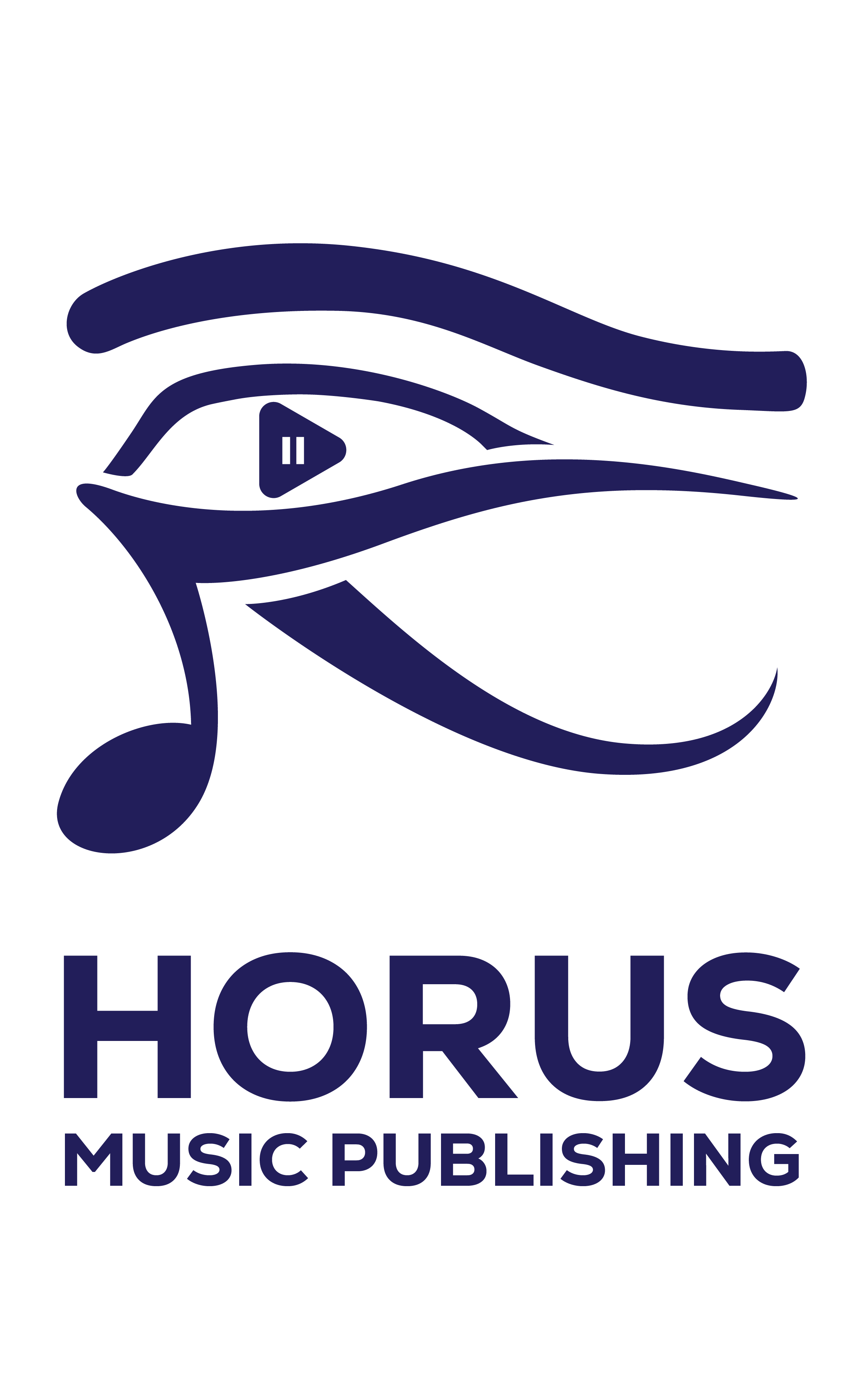
There’s more to music publishing than getting your compositions heard. Using a music publishing company like Horus Music means you’ll always be paid the royalties for your craft.
You’ll get the opportunity to share your talent with the world, and you’ll be paid the money you deserve.
Our music publishing platform is open to all songwriters and publishing rights holders out there, to register their music compositions with a global network of royalty collection societies.
There’s two ways to take advantage of Horus Music Publishing. You can go on to our monthly subscription of £3 a month, or pay a one off payment of £33 (1 month free) for the year. On both models you will have complete control of your music and will retain 90% of your publishing royalties.
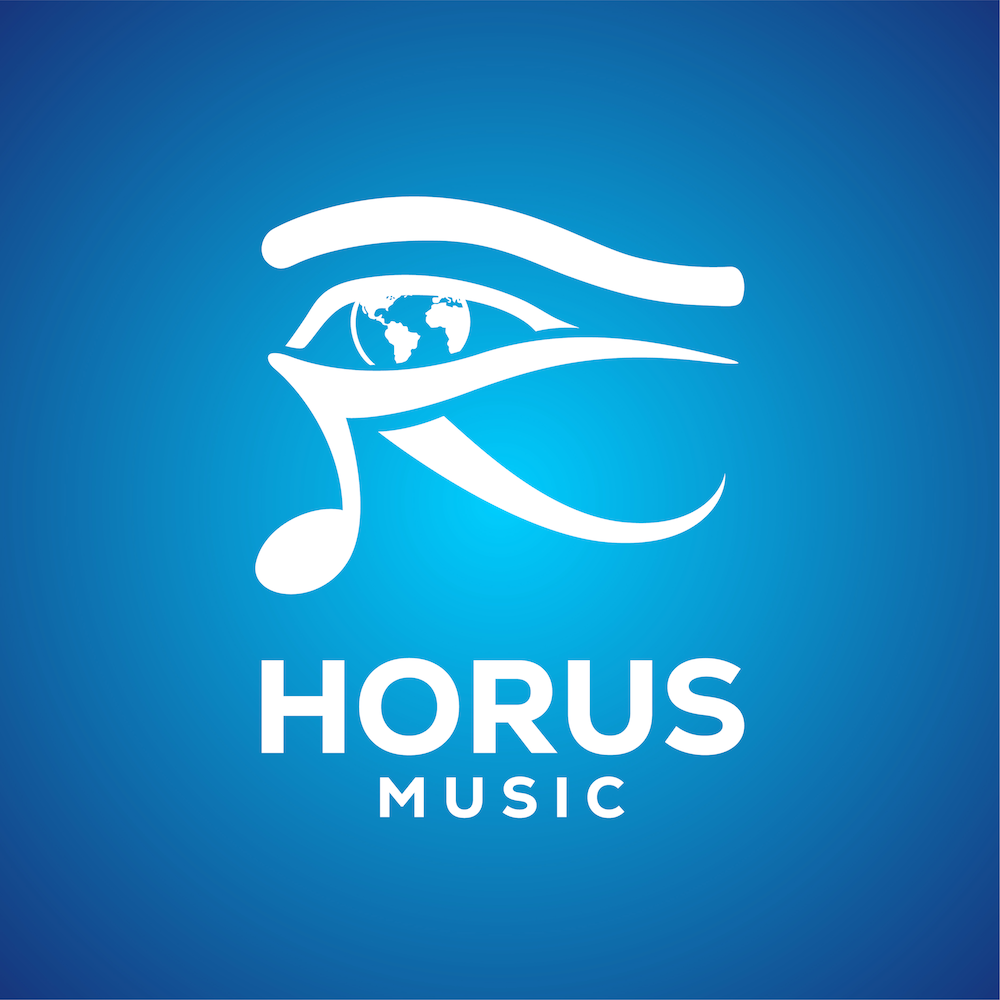
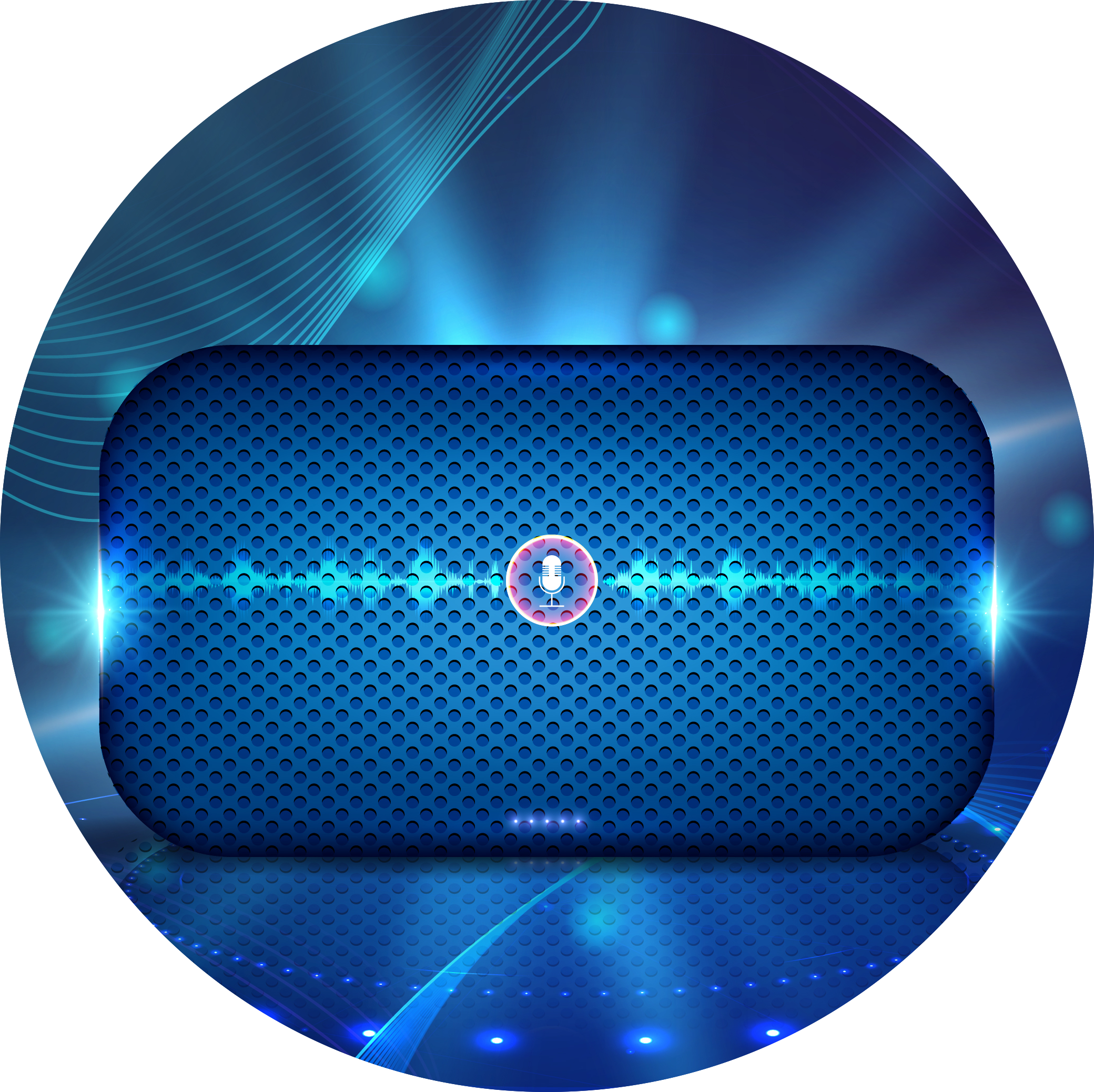
As a Horus Music publisher, you’ll be paid royalties from the following revenue streams:
Performance royalties are generated each time the composition is performed in public such as a live show, or played on the radio, broadcast on TV, or streamed.
These royalties are collected by performance rights organisations (PROs), who act on behalf of songwriters, composers and publishers to ensure you’re paid when your music is publicly performed.
Each time your composition is reproduced (on CD, vinyl, cassette, streams, downloads) mechanical rights organisations will collect these royalties on your behalf.
You’re also paid royalties when your lyrics are reproduced, such as when they’re displayed on Spotify, Google search or Instagram stories.

Music publishing is a term used to describe the managing, protecting and monetising of your songs’ composition. As the songwriter or composer of a song, you own the copyright to the composition. Music publishing ensures you receive the royalties whenever the song is used, either through performance, mechanical or digital use.
Music publishing companies like Horus Music Publishing handle the complicated side of things such as registering the song with copyright agencies and collecting royalties from PROs and MROs. Music publishers can also negotiate contracts with record labels and film or TV production companies to boost revenue even further. That way, you can spend less time worrying about whether you’re going to receive the royalties you’re owed, and more time focusing on what you love most – creating your next masterpiece.
Contact The Team if you wish to learn more about music publishing and how it can generate more royalties for the songs you write.
With our new subscription tier, Horus Music Publishing +, we provide songwriters and publishing rights holders with access to submit their songs for global sync licensing briefs and bespoke songwriting opportunities, on top of all the administrative benefits you receive with with a Horus Music Publishing subscription.
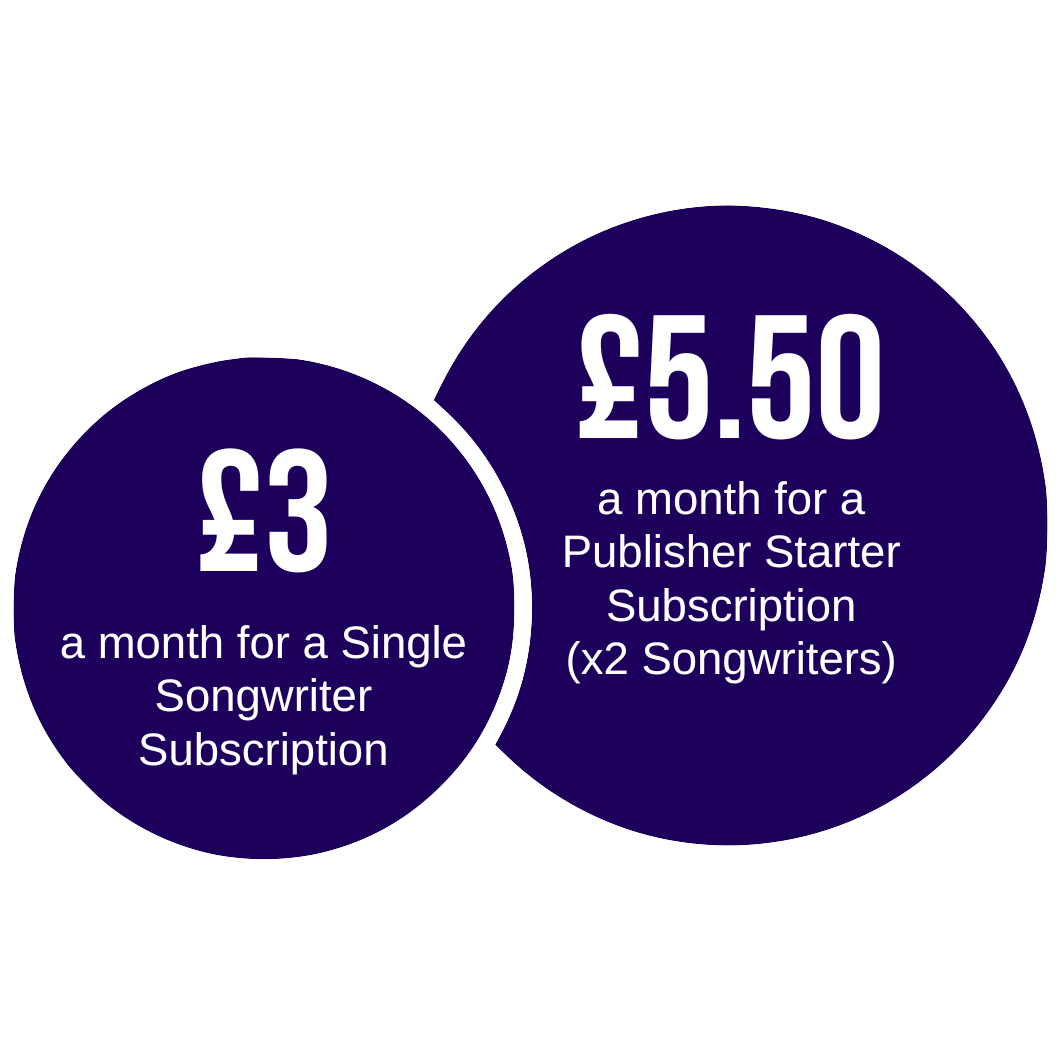
Accessing your publishing royalties doesn’t need to break the bank. From just £3 per month, or £33 a year, you’ll get an individual songwriter profile to easily manage royalty collection, protect your music rights and connect you with global opportunities.
With a Publisher Starter subscription, you can create your publisher profile, so you can easily collect royalties on behalf of your writers and explore new opportunities to grow their reach. You’ll pay just £2.50 for every additional songwriter sub profile you add to your account.
If you represent or work with 20+ songwriters, let us know and we’ll try to put together a custom, affordable package based on the amount of songwriters you have.
If you’re writing and releasing music as a band, you can register your band as a Publisher profile and benefit from reduced rates. You’ll get two songwriter sub profiles for just £5.50 a month, and only pay £2.50 for each additional songwriter you need to add.
If you represent or work with 20+ songwriters, speak to our team and we can look to provide you with a custom monthly fee based on the volume of songwriters and works you expect to submit to our team:
We’re happy to answer any questions you may have, but by reading through our Frequently Asked Questions you may find the answers you were looking for.
To access Horus Music Publishing services from your ‘My Music Distribution Zone’ account, head to the dashboard in the My Music Account Zone and you will now see the option to enter the “My Music Publishing Zone” application.
When you select this option, you will be taken to sign up to Horus Music Publishing.
Yes you can. Horus Music and Horus Music Distribution are two separate services, and if you are using one you do not need to be signed up on the other. Horus Music Publishing is open to any songwriter or publishing rights holder to sign up and register their music compositions with a global network of collection societies.
Royalties are typically distributed to publishers on a quarterly basis in the following months: April, July, October, December. A small number of our partners pay monthly e.g. The MLC and Pretzel.
Please note that it can take up to 12 months for royalties to start to be paid for a song once it has first been registered with PRO’s
Royalties will be paid on a monthly basis for any income received during the previous month.
Correct, when your song is “reproduced”, i.e. streamed, downloaded or purchased physically (CD/Vinyl), on top of the revenue made from the sale/stream, publishing royalties are also generated and are paid to PROs / collection societies. Likewise, if you’re playing your songs live, played on the radio, or your song is added to a film, TV show, advert, video game etc. your song will also generate publishing royalties.
If you have not registered your songs with a PRO directly or through a music publisher, then the publishing royalties they generate will remain unclaimed.
This varies per collection society/platform. Some can collect royalties as far back as three years. Some more, some less. We can make no guarantees about backdated publishing royalty payouts because they depend on individual societies and deals the songwriter may have made with publishers in the past.
All band members will need an individual Horus Music Publishing profile to be able to collect their share of the publishing royalties. Register your band as a Publisher Account and take advantage of the reduced rates. £5.50 a month for two songwriter sub profiles, £2.50 for each additional songwriter in the band.
Although each band member will need to have a songwriter profile on Horus Music Publishing, only one band member needs to upload and submit the song. When entering the details of the songwriters (songwriter names, IPI numbers etc.) our system will first search the database for existing songwriter profiles on Horus Music Publishing and map the song to their profiles once submitted to our team to begin PRO registration. Royalties will also be split amongst the songwriters and sent to each songwriter profile separately.
At present, songwriters and publisher clients can email setlists to the Horus Music Publishing team to process with the relevant collection society. In the future this will be an automated feature soon to be added within Horus Music Publishing accounts.
Please email our team and we can provide a list of PROs that are available to join.
Ultimately it is up to each songwriter to decide which PRO to affiliate with, however a good place to start is to look to connect with the PRO / collection society operating in your home territory. Some societies will accept international songwriters, and all have their own sign up fees and requirements to consider.
Every time your song is streamed or downloaded via a DSP (i.e. Spotify, Apple, iTunes) there are two different types of copyright generating royalties. Firstly, you have the composition (i.e. the lyrics, melody and written music), which is collected by PROs. Secondly, you have the master recording sale/reproduction, which is paid to the distributor or the record label.
Two different royalties being generated at the time and being collected by two different entities.
The IPI/CAE number is a unique identifier for you as the songwriter, whereas the ISRC is a unique identifier assigned to each of your master recordings.
PPL is a UK and international collection society for the reproduction of your master recordings (i.e. what is being distributed through Horus Music / your music distributor) and is the public performance of your master recording. PRS is the public performance of your composition (written music, melody, lyrics). They are two different societies collecting two different types of royalties.
If you are the songwriter, recording artist and performer, you’d need to be affiliated with both.
Because PPL isn’t a publishing society, Horus Music Publishing won’t be registering your works with PPL, this is something you would need to do this youself, via your manager or through your record label.
Most major territory PROs are part of the reciprocal network, which means if royalties are generated outside of your home territory, the royalties are sent through the local PROs to your home PRO to be then paid out to the publisher/songwriter. However, when the royalties are transferred from one PRO to another, each PRO will take a cut of the amount generated from your works..
When registering your works with Horus Music Publishing, we are direct members with, and register your works directly with worldwide PROs covering 110 territories, which means we help cut out the middlemen all taking a percentage of your royalties.
Our team are working to add more worldwide PROs to our network.
Another benefit to working with Horus Music Publishing, is that we are here to handle all the tedious admin work for you. This includes: making sure all yours works are registered correctly, isn’t in conflict, submit correct metadata, report live performances, making sure royalties are matched and paid etc.
Once you submit a song through your Horus Music Limited account, that song would be exclusive to Horus Music Publishing term duration of the agreement. However if you were to sign a deal with another publishing company, you can simply email our team and we can issue a takedown of the songs you request from our system.
Yes, even if you are composing instrumental music, you are still a songwriter and your written music will still generate publishing royalties.
This will be based on what the termination clause is in your previous publisher’s contract. So this will be a process we go through on a case-by-case basis with you and your previous publisher to make sure that the works are correctly transferred to Horus Music Publishing.
If you would like to start this process, please contact our team.
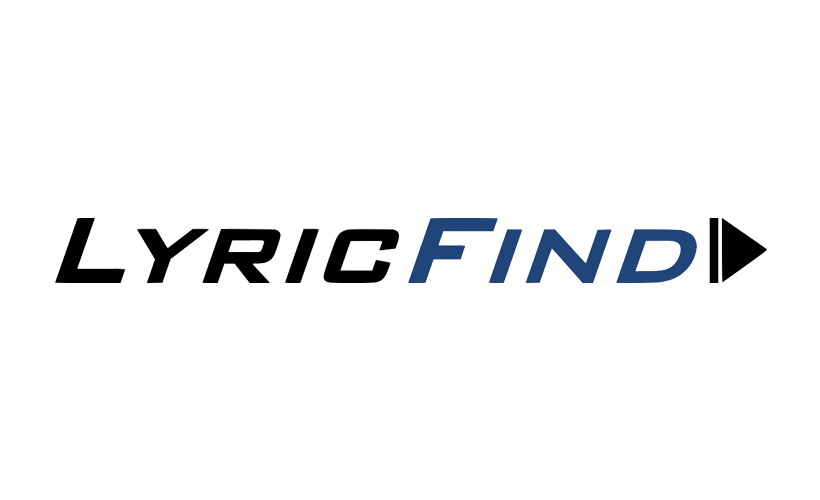

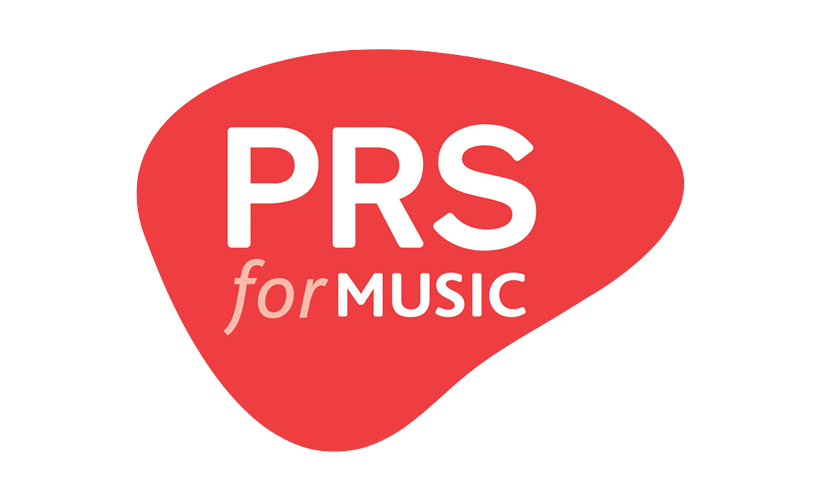

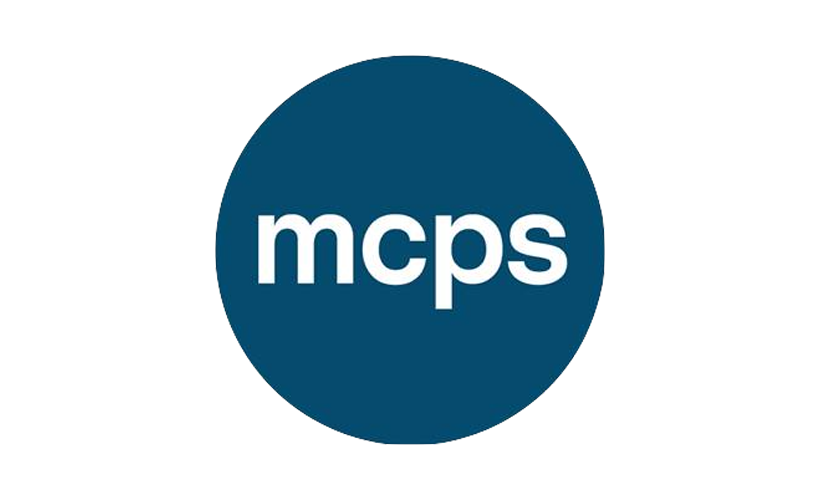

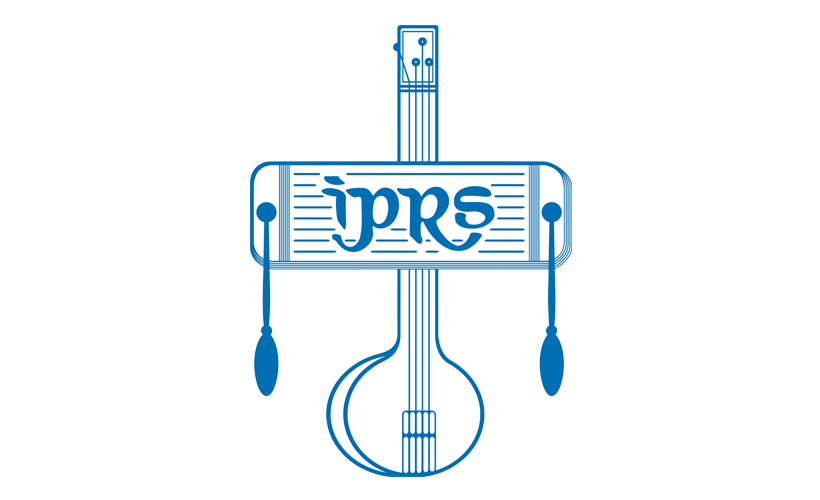
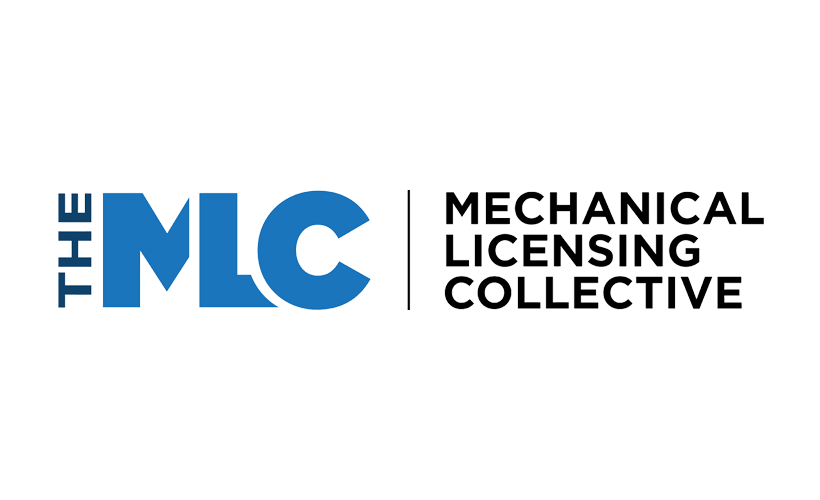


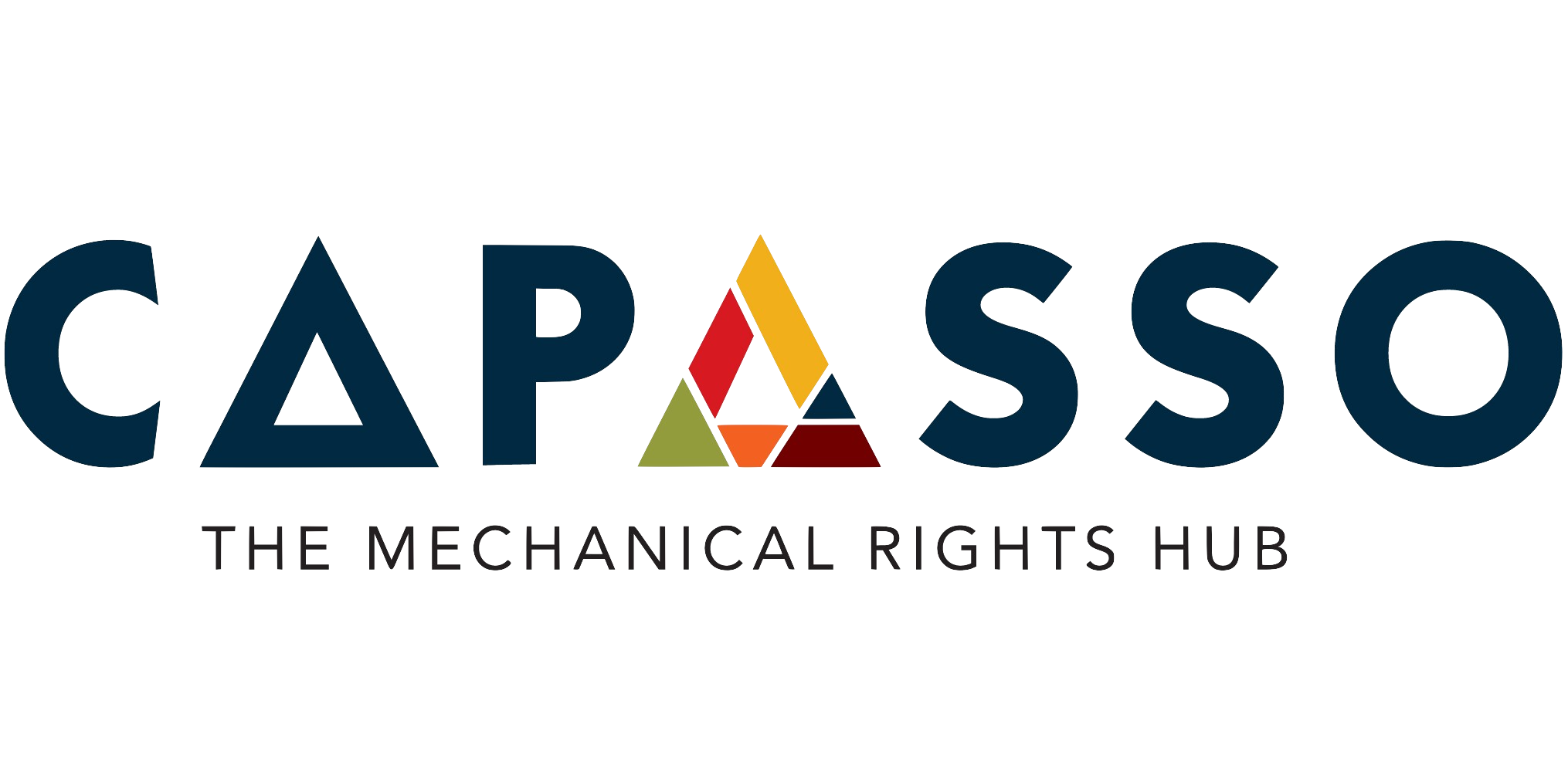
Hello, it looks like you are visiting from . Click to view content specific to your region or no thanks, don't show again.